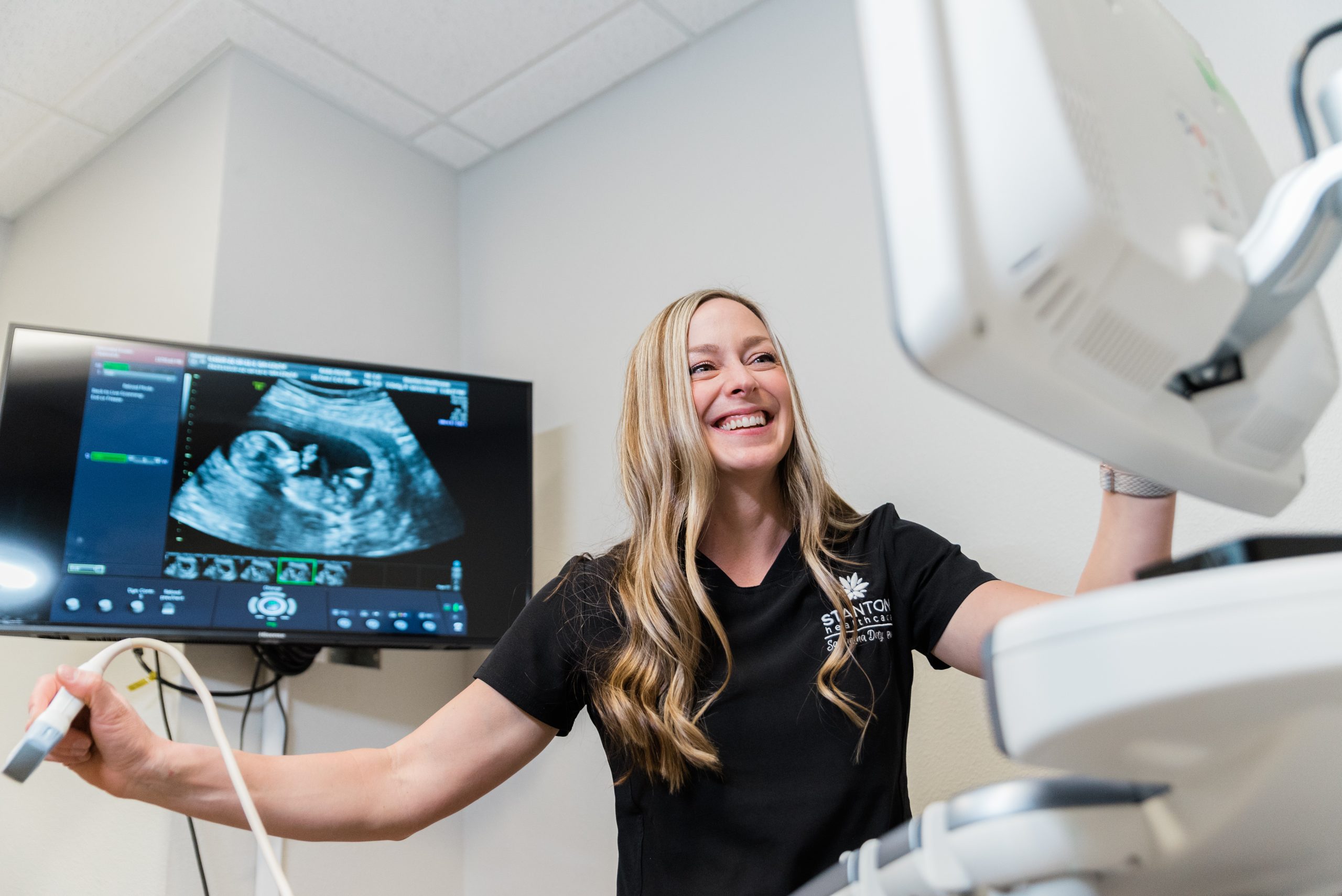An ectopic pregnancy is a potentially life-threatening condition that occurs when a fertilized egg implants outside of the uterus, most commonly in the fallopian tubes. Without prompt diagnosis and treatment, an ectopic pregnancy can cause significant harm to the mother, including internal bleeding and organ damage. As a result, it is important for healthcare providers to screen for ectopic pregnancies as early as possible.
How is an Ectopic Pregnancy Diagnosed?
- Ultrasound Exam: One of the most common methods of screening for ectopic pregnancies is an ultrasound exam. During this exam, a healthcare provider uses a special device called a transducer to create images of the reproductive organs. If an ectopic pregnancy is present, the transducer may detect a gestational sac or other signs of pregnancy outside of the uterus. Ultrasound exams are generally safe and non-invasive, making them a popular choice for initial screening.
- Blood Test: In addition to ultrasound exams, healthcare providers may also use blood tests to screen for ectopic pregnancies. One of the most commonly used blood tests is the quantitative human chorionic gonadotropin (hCG) test. This test measures the level of hCG, a hormone produced by the placenta, in a woman’s blood. In a normal pregnancy, hCG levels double every 48 to 72 hours. If hCG levels are not rising as expected, it may indicate an ectopic pregnancy. However, it is important to note that hCG levels can vary widely between women and are not always a reliable indicator of ectopic pregnancy.
- Physical Exam: Physical exams can also be useful in screening for ectopic pregnancies. During a physical exam, a healthcare provider will typically perform a pelvic exam to check for any abnormalities in the reproductive organs. They may also perform a bimanual exam, which involves inserting two fingers into the vagina and using the other hand to press on the abdomen. If an ectopic pregnancy is present, the healthcare provider may feel a mass or abnormality in the pelvic area. However, physical exams are not always definitive and may need to be supplemented with other screening methods.
If an ectopic pregnancy is suspected, it is important to confirm the diagnosis as soon as possible. Prompt diagnosis can help ensure that the mother receives appropriate treatment and prevent serious complications. Treatment options for ectopic pregnancies may include medication to dissolve the pregnancy or surgery to remove the affected tissue.
Stanton Healthcare: Supporting Women at Every Step
We believe that by providing essential support and guidance throughout the pregnancy journey, we can empower women to make informed decisions and enjoy healthier, happier lives. Our team is dedicated to providing a supportive and calm environment, where women can feel comfortable and confident as they navigate this exciting and sometimes challenging time. At Stanton Healthcare, we are committed to providing compassionate and personalized care to each and every client, because we believe that every woman deserves quality medical care.

